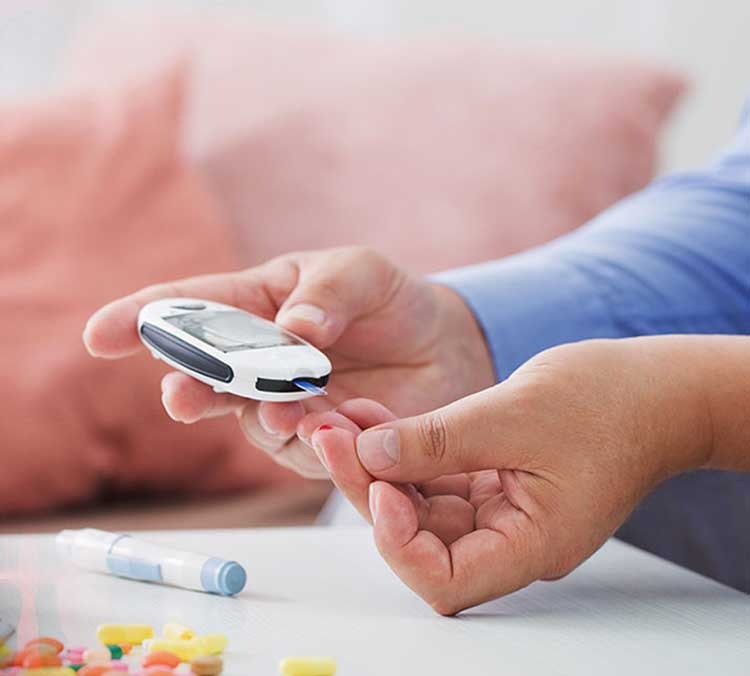Cardio Diabetic Care

Cardio Diabetic Care
Cardio-diabetic care refers to a specialized approach to managing individuals who have both diabetes and cardiovascular conditions. Diabetes and cardiovascular diseases often coexist and can contribute to each other's progression. Cardio-diabetic care aims to address and manage the unique health challenges that arise when both conditions are present. Here are key aspects of cardio-diabetic care:
1. Comprehensive Risk Assessment:
Cardiovascular Risk Assessment: Individuals with diabetes have an increased risk of cardiovascular diseases such as heart attacks and strokes. A comprehensive risk assessment is performed to evaluate factors such as blood pressure, cholesterol levels, smoking status, and family history.
Diabetes Management: Blood sugar control is crucial for preventing complications in individuals with diabetes. Regular monitoring of blood glucose levels, adherence to medication, and lifestyle modifications are key components of diabetes management.
2. Lifestyle Modifications:
Healthy Eating: A well-balanced diet with an emphasis on fruits, vegetables, whole grains, and lean proteins is recommended. Controlling portion sizes and managing carbohydrate intake are essential for diabetes management.
Regular Exercise: Physical activity is beneficial for both diabetes and cardiovascular health. Exercise helps improve insulin sensitivity, control blood sugar levels, and maintain cardiovascular fitness.
Smoking Cessation: Smoking is a major risk factor for both diabetes and cardiovascular diseases. Support and interventions to quit smoking are important for overall health.
3. Medication Management:
Blood Sugar Medications: Various medications, including insulin and oral hypoglycemic agents, may be prescribed to manage blood glucose levels.
Cardiovascular Medications: Medications such as statins, anti-hypertensives, and antiplatelet agents may be prescribed to manage cardiovascular risk factors.
4. Blood Pressure and Cholesterol Control:
Hypertension Management: Blood pressure control is crucial for preventing cardiovascular complications. Lifestyle modifications and medications may be prescribed to control hypertension.
Cholesterol Management: Statins and other lipid-lowering medications may be prescribed to manage cholesterol levels and reduce the risk of cardiovascular events.
5. Regular Monitoring and Follow-Up:
Blood Tests: Regular monitoring of blood glucose, cholesterol levels, and other relevant parameters is essential.
Routine Check-ups: Regular follow-up with healthcare providers ensures ongoing assessment of cardiovascular and diabetic health.
6. Education and Support:
Patient Education: Providing education on diabetes management, lifestyle modifications, and the importance of adhering to medications.
Psychosocial Support: Managing the emotional and psychological aspects of living with chronic conditions is important for overall well-being.
Cardio-diabetic care often involves collaboration among healthcare professionals, including endocrinologists, cardiologists, dietitians, and other specialists. The goal is to provide integrated and patient-centered care that addresses the unique needs and challenges associated with both diabetes and cardiovascular diseases.
Copyright© 2024 Bright Hospital. All right reserved.


